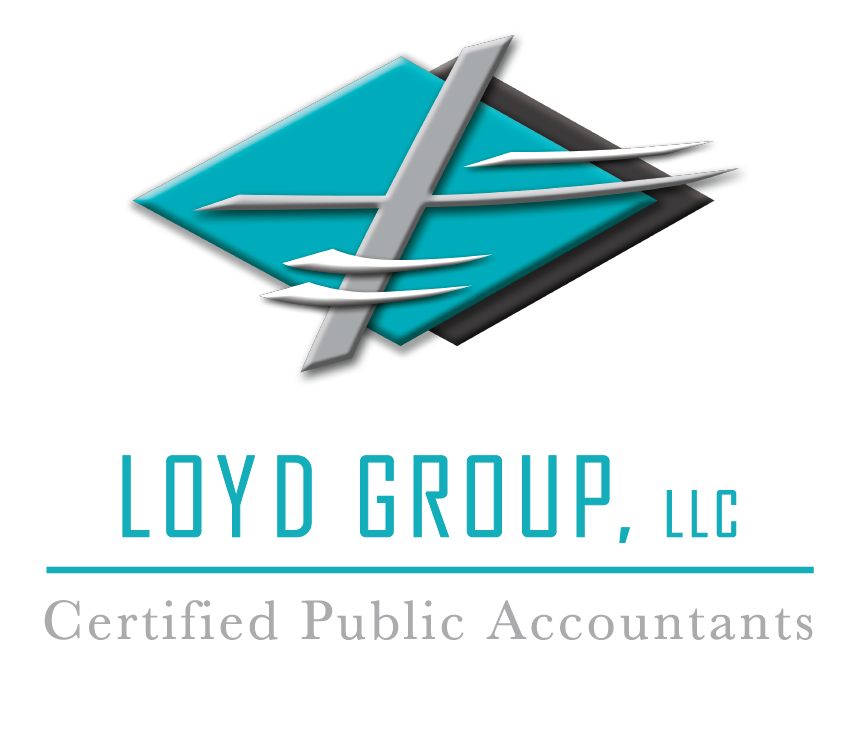Single Audit Services
Deep Expertise in Federal Program Compliance
Federal funding is a common resource for state and local governments, higher education institutions, and non-profit organizations. However, these funds often come with complex compliance and audit requirements. That’s where The Loyd Group can help.
With over 40 years of experience at the partner level and 20+ years at the manager level, we are well-versed in navigating the intricacies of federal programs and ensuring strict compliance. Our expertise in conducting single audits ensures that your organization meets all federal requirements with confidence.
In 2023, our firm audited nearly $90 million in federal funds disbursed across Kansas, providing a deep understanding of the process. As members of the AICPA's Governmental Audit Quality Center (GAQC), we are committed to staying up-to-date on the latest federal audit standards.
Trust The Loyd Group to handle the complexities of federal fund compliance, so you can focus on what matters most.
The Loyd Group understands the complexities of navigating federal programs and adhering to their strict compliance requirements. Our team has extensive experience assisting with and auditing a wide range of federal programs, including but not limited to:
- Student Financial Assistance: Pell Grants, Direct Loans, SEOG, Federal Work Study, and TRIO programs
- Child Nutrition Cluster: Programs that ensure access to nutritious meals for children
- Education Funding: Head Start, Special Education (IDEA cluster), and Title Programs
- COVID-19 Relief: American Rescue Plan Act (ARPA), Elementary and Secondary School Emergency Relief (ESSER), and Higher Education Emergency Relief Funds (HEERF) programs
- Federal Emergency Management Agency (FEMA) Grants: Assistance for disaster recovery and preparedness
- Community Development Block Grant Programs (CDBG): Funding for community development projects

Our in-depth knowledge of federal regulations allows us to guide you through the application process, ensure proper record-keeping, and provide peace of mind regarding program compliance.
What is a Single Audit?
A Single Audit is an audit of a non-Federal entity’s financial statements and of its expenditures of Federal awards. Single Audits are conducted in accordance with Generally Accepted Auditing Standards, Generally Accepted Government Auditing Standards (GAGAS) issued by the Comptroller General of the United States, and the requirements of the Uniform Guidance.
When is Single Audit Required?
As specified in the Uniform Guidance, Subpart F, a Single Audit is required for a non-Federal entity that expends $750,000 or more in Federal awards during the entity’s fiscal year. The Audit must cover the entire operations of the entity or must cover a series of audits that includes all departments, agencies, and other organizational units that expended or otherwise administered Federal awards during the audit period.
Non-Federal entities are required to submit the data collection form and reporting package within the earlier of 30 calendar days after receipt of the auditor’s report(s) or 9 months after the end of the audit period, to comply with 2 CFR § 200.512(a)(1).
Note: OMB revised the Uniform Guidance and released the final updated version in April 2024. As part of this guidance, the Single Audit threshold increases from $750,000 to $1,000,000.
The effective date for the threshold change is for audits with periods beginning on or after October 1, 2024. Federal agencies may not early implement the Subpart F audit provisions.
What Do I Need to Do to Prepare for a Single Audit?
View ListOne of the main documents that an entity will need to have prepared and available for audit is the Schedule of Expenditures of Federal Awards (SEFA). The SEFA is a schedule that lists an entity's federal awards during the year grouped by federal agency, program and expenditures. It is a critical document that auditors use to determine which awards need to be audited.
You will also want to gather a variety of documentation. This will include Grant Award letters, Agreements, Budgets, and various financial reports.
Finally, it is important to evaluate your written documentation. We have included a list of the most important written requirements. It is important to note that this list is not all-inclusive, but are the most commonly applicable.

